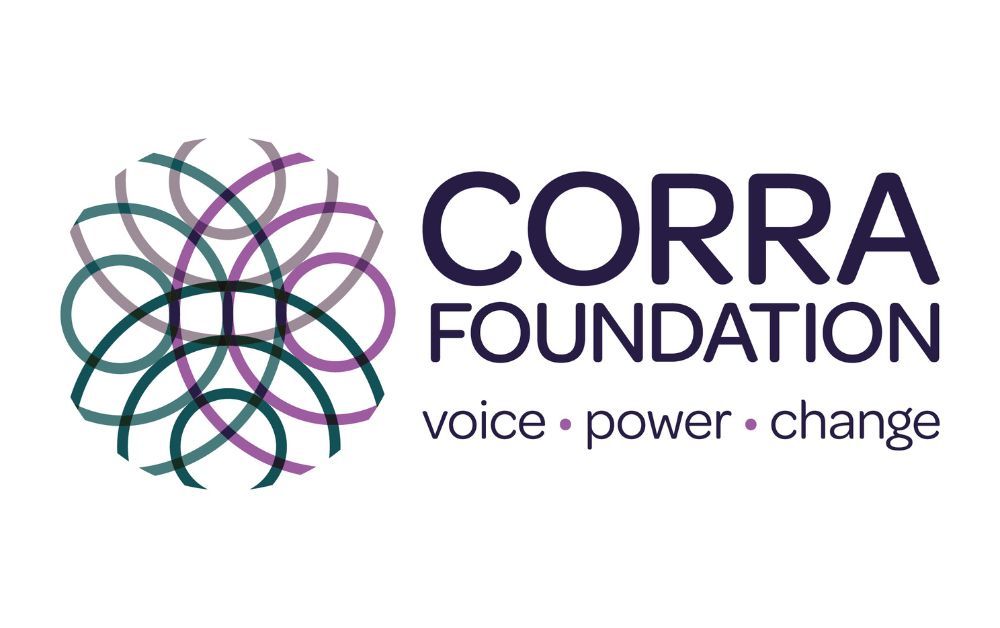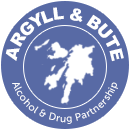Myths about Sexual Violence and Rape
-
MYTH: People who are sexually abused as children are likely to become abusers themselves.
This is a dangerous myht, which is sometimes used to try and explain or excuse the behaviour of those who rape and sexually abuse children. It is offensive and unhelpful to survivors of childhood sexual abuse. The vast majority of those who are sexually abused as children will never become perpetrators of sexual violence.
There is no excuse for sexual violence, ever.
-
MYTH: Someone who has drunk lots of alcohol or taken drugs shouldn't complain if they end up being raped or sexually assaulted.
The law says that consent to sex is when someone agrees by choice, and has the freedom and capacity to make that choice. If a person is unconscious or incapacitated by alcohol or drugs, they are unable to give their consent to sex. Having sex with someone who is incapacitated by alcohol or drug use is rape.
No one asks or deserves to be raped or sexually assaulted - 100% of the responsibility lies with the perpetrator.
-
MYTH: Its only rape is someone is physically forced into sex and has the injuries to show it.
Sometimes people who are raped sustain injuries, and sometimes they don't. There are lots of circumstances in which someone might not have freedom or capacity to consent to sex. For example, rapists will sometimes use weapons or threats of violence to prevent a physical struggle. Sometimes they will take advantage of someone who is unable to consent, because they are drunk or asleep. Many people who are sexually attacked are unable to speak or move from fear and shock - fight, flight, freeze, fawn and flop are all natural reactons. They may be in a coercive or controlling relationship with their rapist, or be too young to give consent. They also may have a disability which prevents them from being able to give full consent. Just because someone doesn't have visbile injuries, doesn't mean that they weren't raped or that their experience isn't valid.
-
MYTH: Women are most likely to be raped after dark by a stranger, so women shouldn't go out alone at night.
Only around 10% of rapes are committed by strangers. Around 90% of rapes are committed by someone known to the survivor, and often by someone who have previously trusted or even loved. People are raped in their homes, workplaces and other settings where they previously felt safe. Rapists can be friends, colleagues, clients, neighbours, family members, partner or exes (and more).
Risk of rape shouldn't be used to control people's movements or restrict their rights and freedoms.
-
MYTH: People often lie about being raped because they regret having sex with someone or they do it for attention.
Its really important that we challenge this myth, so that those who've been through sexual violecne can get the support and justice they need and deserve. Disproportionate media focus on false rape allegations can give the impression its common for people to lie about sexual violence. This is not true. False accusations of rape are very rare (around 4% - the same as false reports for any other crime). Most victims and survivors never report to the police; one of the biggest reasons for this is the fear of not being believed.
-
MYTH: Only young, 'attractive' women and girls who flirt and wear 'revealing' clothes are raped.
People of all ages and appearances, classes, cultures, abilities, genders, sexualities, races and religions are raped. Rape is an act of violence and control; the perceived 'attractiveness' of a victim has very little to do with it. These is no excuse for sexual violence and it is never the survivor's fault.
Clothes cannot give consent. What someone is wearing, or how they are behaving, is completely irrelevant.
-
MYTH: Once a man is sexually aroused, he can't help himself - he has to have sex.
Men can control their urges to have sex, just as anyone can. No one needs to rape someone for sexual satisfactioc. Rape is a act of violence and control. It can't be explained away and there are no excuses.
-
MYTH: Alcohol, drugs, stress and depression can turn people into rapists.
Drugs and alcohol are never the cause of rape or sexual assault. It is the attacker who is committing the crime, not the drugs or alcohol. If someone cannot trust their own behaviour when they are drunk or high, that is still their responsibility. Stress and depression don't turn people into rapists or justify sexual violence either. There are no excuses.
-
MYTH: Men can't be sexually abused or raped.
They can. Anyone of any gender can be raped or sexually abused. Any man or boy can be sexually assaulted, regardless of their size, strength, appearance or sexual orientation.
-
MYTH: If I was drinking alcohol or taking drugs, it was my fault that I was raped or sexually assaulted.
Nothing you do entitles another person to assault you. If you had been drinking alcohol or taking drugs, that doesn't make it your fault or mean that you asked for, or deserved, what happened. It is never the fault of the survivor.
-
MYTH: Abuse cannot happen in same sex relationships.
Partner abuse does not discriminate and occurs proportionally across all groups, subgroups and categories of people. Victims and abusers come from all cultures, sexual orientations, gender identities, classes, ages, religions and poltical beliefs.
-
MYTH: If you don't say 'stop' or 'no', then it wasn't rape.
There are many differnet reasons why people might find it difficult to say 'stop' or 'no'. They might be afraid, drunk, asleep or unable to speak for another reason. The law says that the perpetrator (the person doing the crime) has to show why they thought they had consent, and the absence of a 'no' does not mean yes. The law also states that some people cannot give consent, including those under 16 years old and those who are drunk.
-
MYTH: My partner or ex-partner can't sexually assault me, especially if I'd had sex with them before.
You always have the right to say 'no' - even if you have been sexual with someone previously. If you do not agree (freely and willingly, without pressure) to have sex then it doesn't matter if you've has sex with that person before. they do not have the right to continue, and they must respect your decision.
-
MYTH: I must have done something to ask for it.
Absolutely no-one deserves to be victimised, assaulted or violated. It does not matter where you were, how you behaved or what happened in the run up to the assault - if you didn't (or couldn't) give consent, then it's wrong.
-
MYTH: It can't be rape/assault because I know them.
Whilst the media image of rape may be of a stranger rapist, in reality, most cases of rape and sexual assault involve perpetrators who are known to the survivor. Whatever your relationship with the perpetrator, it doesn't give them the right to engage in sexual relations that you haven't consented to.
-
MYTH: Feeling aroused must mean that I enjoyed it/consented to it.
The body is wired to react certain ways to certain things, whether we want to or not. Feeling aroused or even having an orgasm does not mean that you enjoyed it or gave consent. Some perpetrators use these psychological responses to cause confusion to the survivor and to make them feel more powerless.
-
MYTH: No one will believe me.
No matter what your attacker or someone else may have told you, there are people who will listen to you and believe what you say. At Argyll and Bute Rape Crisis we're here for you, we'll listen to you ad we'll believe you.









